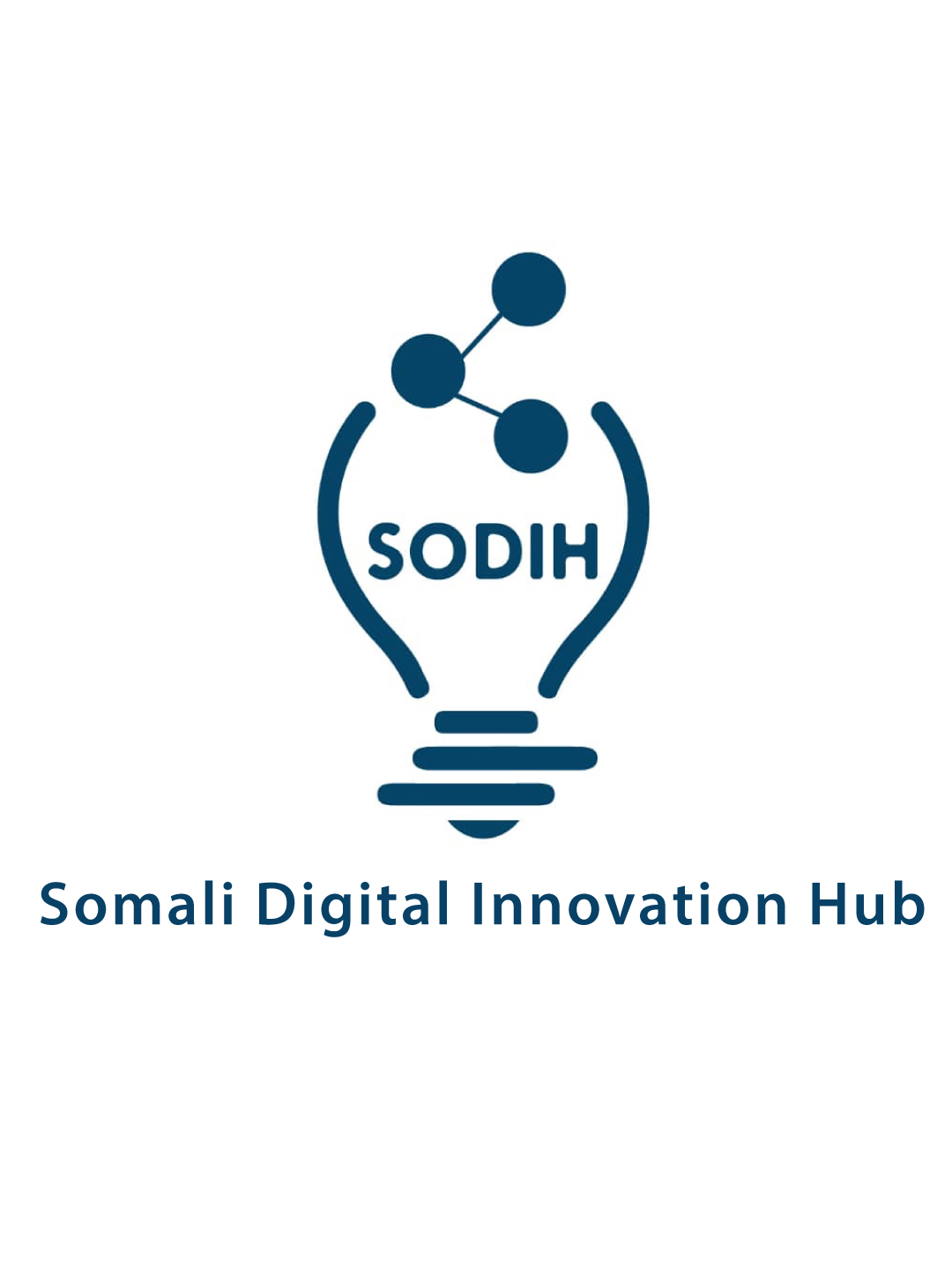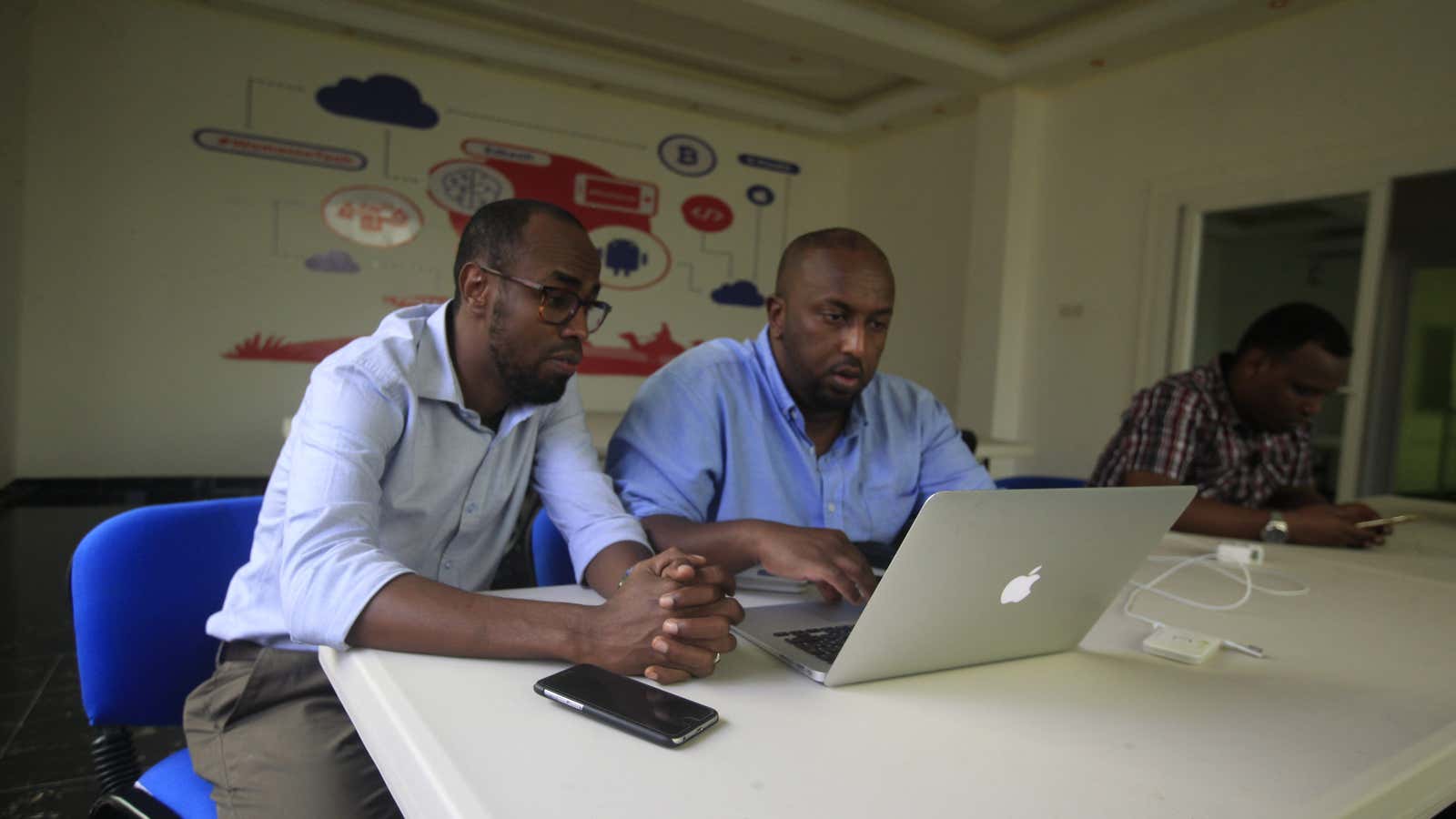In an increasingly interconnected world, can a digital platform truly encapsulate the richness and complexity of a culture, or does it inevitably present a simplified, fragmented version? The Somali Hub, in its diverse forms, aims to be more than just a digital space; it strives to be a vibrant center for the global Somali community, facilitating connections and sharing information, yet the reality is far more intricate than a simple digital bridge.
The very term "hub" evokes the image of a central point, a nexus where disparate elements converge and interact. In the digital world, this concept takes shape through various channels, ranging from specialized websites and applications to dynamic social media groups and instant messaging platforms like Telegram. The Somali Hub, as it exists today, is a multifaceted entity that encompasses all these forms. While some iterations are designed to foster community organization and collaboration, others prioritize the dissemination of news and information, and still others cater to specific, sometimes controversial, interests within the Somali community.
| Category | Details |
|---|---|
| Name | Somali Hub (Various iterations) |
| Type | Digital platforms, including websites, apps, Telegram channels, and social media groups. |
| Purpose | To connect, inform, and provide resources for the Somali community worldwide. |
| Key Features |
|
| Target Audience | People of Somali descent, both within Somalia and the diaspora. |
| Geographic Focus | Global, with specific focus on regions with significant Somali populations (e.g., UK, East Africa, North America). |
| Platforms Used | Websites, dedicated apps, Telegram, Facebook, and other social media platforms. |
| Associated Organizations |
|
| Challenges |
|
| Opportunities |
|
| Examples |
|
| Reference Website | Wikipedia - Somali People |
The digital arena, mirroring the diversity and complexities of the Somali community, stands as a testament to both its potential and its pitfalls. The presence of established news outlets like VOA Somali and BBC Somali underscores a concerted effort to provide reliable and unbiased information. These platforms deliver vital updates on Somali political affairs, current events, and global news, often in the Somali language, playing a crucial role in keeping the widespread diaspora connected and well-informed. The Somali Youth Hub, supported by the Ministry of Youth and Sports, exemplifies a platform driven by a clear and uplifting mission. This initiative positions itself as "a gateway to a brighter future for Somali youth," actively working to provide resources, opportunities, and support for young people to thrive. Similarly, the Somalia Gender Hub is a crucial initiative dedicated to advancing research and data collection on gender-related issues and the status of women in Somalia, thus contributing to efforts to address critical social challenges within the community.
- Hdhub4u Explored Is Free Movie Downloads Too Good To Be True
- Decoding Masa49 Exploring The Meaning Behind This Viral Term
However, the digital space presents itself as a double-edged sword, showcasing both its benevolent and malevolent potential. Alongside these constructive initiatives, a darker undercurrent exists. Certain Telegram channels, as noted in the source material, openly promote adult content. These channels, characterized by explicit videos and images, often exploit vulnerabilities and contribute to a culture that can be deeply harmful and damaging. The relatively unregulated nature of these platforms makes them breeding grounds for such content, and the anonymity they provide can significantly exacerbate the problem. In this context, the concept of the "hub" can be perverted, transforming it from a platform for empowerment into a vehicle for exploitation. The presence of such content raises pressing questions about content moderation, the ethical responsibilities of platform providers, and the paramount importance of ensuring user safety. Addressing these issues requires a concerted effort to establish clear guidelines, implement effective monitoring mechanisms, and foster a culture of responsible online behavior.
Eastleigh, a vibrant district in Nairobi, Kenya, stands as a tangible example of a real-world Somali hub. This area has undergone a remarkable transformation over the past two decades, evolving into a thriving center of commerce, culture, and community for Somalis. This demonstrates that the concept of a "hub" transcends the digital realm; it represents a physical manifestation of the Somali diaspora's resilience, resourcefulness, and ability to build, connect, and flourish. Even in Eastleigh, the digital realm plays a significant role, with social media and online platforms connecting residents with information, services, and each other, both locally and globally. These digital tools facilitate communication, commerce, and cultural exchange, further solidifying Eastleigh's position as a dynamic and interconnected hub. The convergence of physical and digital spaces in Eastleigh highlights the evolving nature of community and the ways in which technology can both enhance and reshape traditional forms of social interaction.
The underlying promise of the Somali Hub, in its various digital incarnations, is to connect, discover, and celebrate Somali culture across the globe. It is driven by an ambition to create a digital space that fosters empowerment, encourages active engagement, and provides a source of inspiration for the Somali community worldwide. The goal of becoming the leading digital hub that both celebrates Somali culture and fosters unity while providing valuable resources is a noble and commendable aspiration. The ongoing development of the Somali Hub app, for example, suggests a genuine effort to establish a dedicated platform specifically designed to meet the needs and interests of the Somali community. The stated intent to provide resources for employment and job placement is particularly essential for the socio-economic advancement and well-being of the community as a whole. Connecting and empowering the Somali community through a vibrant and accessible online platform represents a necessary and crucial step towards ensuring digital inclusion and promoting equitable access to opportunities in an increasingly digital world.
- Hdhub4u Unveiled Is Free Movie Streaming Worth The Risk Watch Out
- Watch Sandalwood Films Is Movirulzcom Kannada Safe Legal
Navigating this complex digital landscape requires a high degree of discernment and critical thinking. Users must adopt a critical stance towards the content they encounter, recognizing that not all platforms share the same values, adhere to the same ethical standards, or pursue the same goals. The ease with which information can spread online necessitates a commitment to verifying sources, evaluating the credibility of content, and carefully considering the underlying motivations of those who create and disseminate information. The phrase, "\u0628\u0627\u0644\u0646\u0642\u0631 \u0639\u0644\u0649 \u0642\u0628\u0648\u0644 \u0627\u0644\u0643\u0644\u060c \u0623\u0646\u062a \u062a\u0648\u0627\u0641\u0642 \u0639\u0644\u0649 \u0627\u0633\u062a\u062e\u062f\u0627\u0645 \u0645\u0644\u0641\u0627\u062a \u062a\u0639\u0631\u064a\u0641 \u0627\u0644\u0627\u0631\u062a\u0628\u0627\u0637" (By accepting all cookies, you agree to the use of related files), serves as a potent reminder of the importance of being acutely aware of the information we share online, the permissions we grant to websites and applications, and the vast amounts of data we generate through our digital activities. Responsible online citizenship requires a proactive approach to protecting our personal information, safeguarding our privacy, and mitigating the risks associated with data collection and misuse.
The journey of the Somali Hub is an ongoing and evolving process. It represents a work in progress, constantly adapting to the ever-changing dynamics of the digital age and reflecting the collective experiences of a community navigating the complexities of online life. Whether the Somali Hub ultimately becomes a powerful force for unity, empowerment, and cultural preservation, or whether it succumbs to the inherent pitfalls and challenges of the internet, will largely depend on the choices made by those who create, curate, and consume its content. The continued development of the Somali Hub app demonstrates a strong and unwavering commitment to creating a dedicated digital space where Somali people from all corners of the world can connect with one another, share their experiences, and build a stronger sense of community. This commitment to fostering digital connection and cultural exchange is essential for empowering the Somali community and ensuring its continued success in the digital age.
The role of the hub coordinator is paramount to the overall success and effectiveness of the Somali Hub initiative. The coordinator will be entrusted with a wide range of responsibilities, including coordinating activities with hub members and partner networks in Somalia and Somaliland, diligently managing and reporting on grants received, coordinating with various programs and initiatives associated with the hub, proactively reaching out to external stakeholders to build collaborations and partnerships, and taking on representational roles as delegated by the hub leadership team. The coordinator will serve as a central point of contact, facilitator, and advocate for the Somali Hub, ensuring that it operates efficiently, effectively, and in alignment with its overarching mission and goals. The success of the coordinator will be instrumental in shaping the future trajectory of the Somali Hub and its impact on the Somali community worldwide.
- Exploring Mx Player Features Issues Beyond The Stream
- Movierulz Unveiled Is Free Movie Streaming Still King Today


